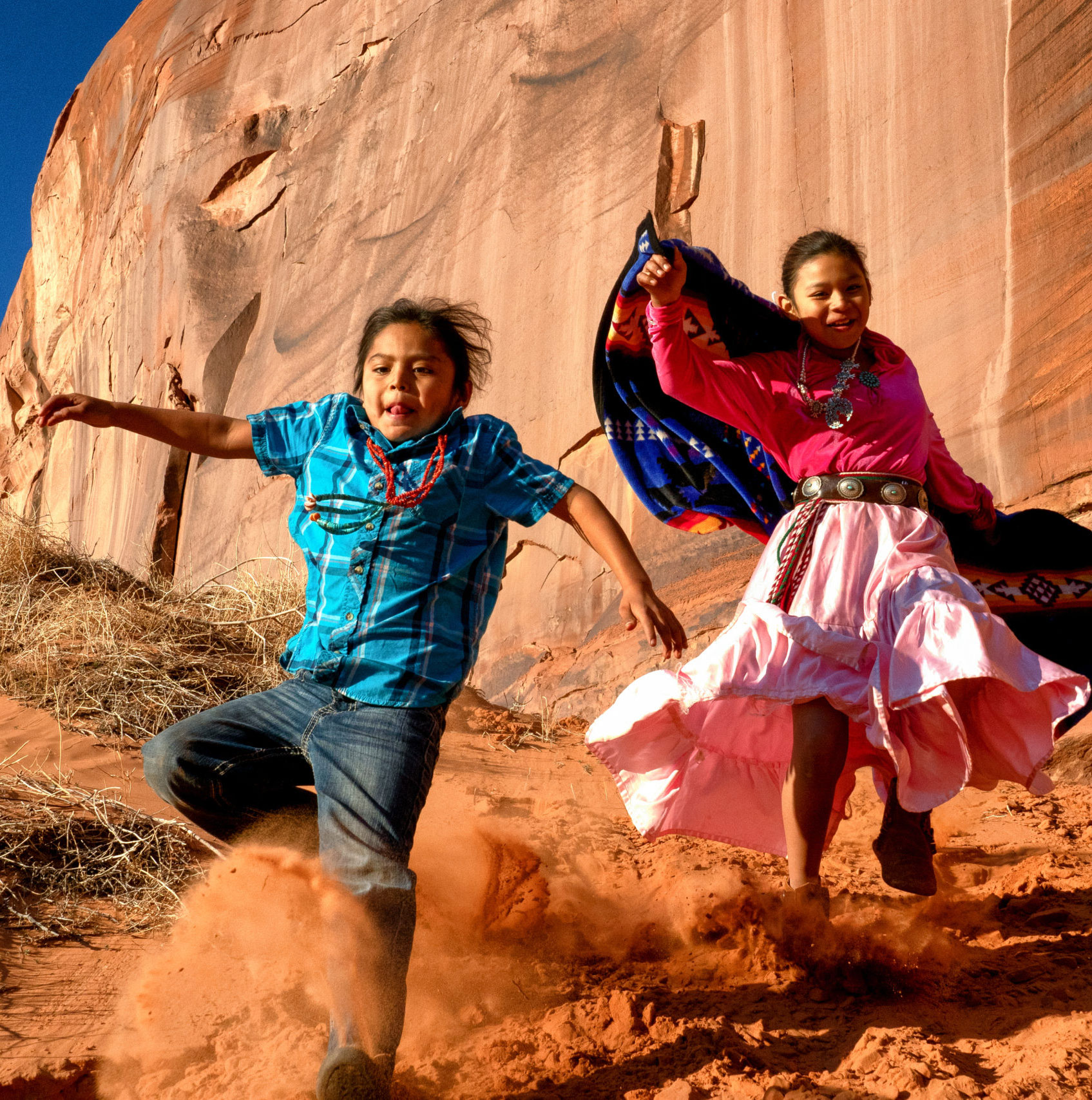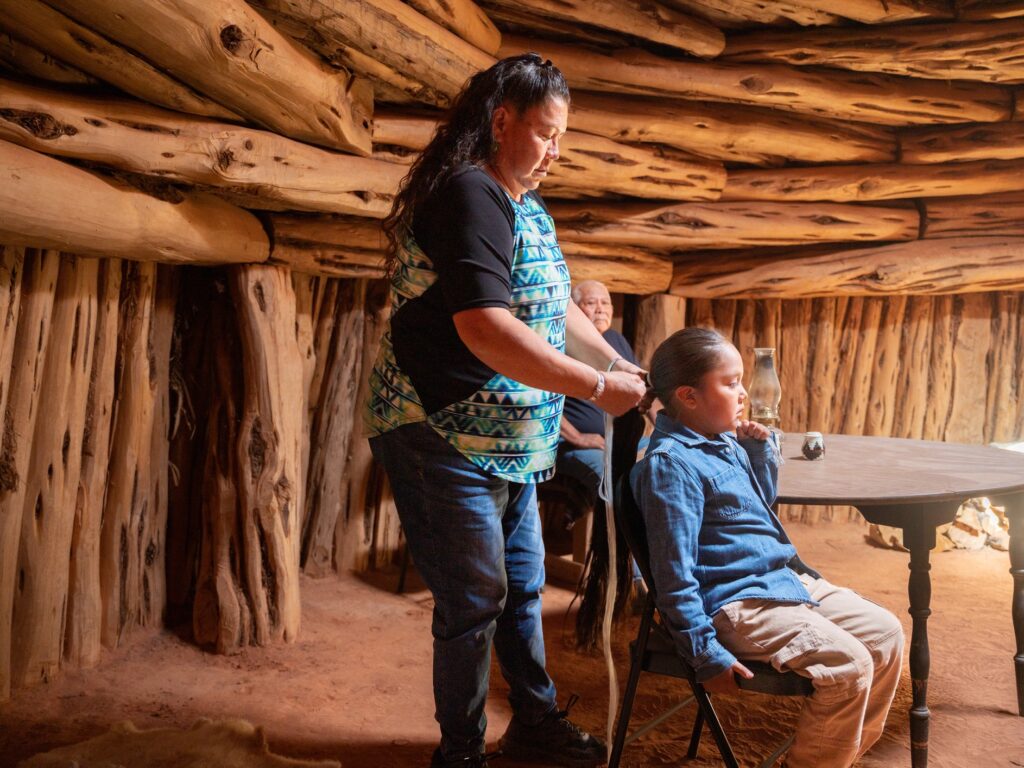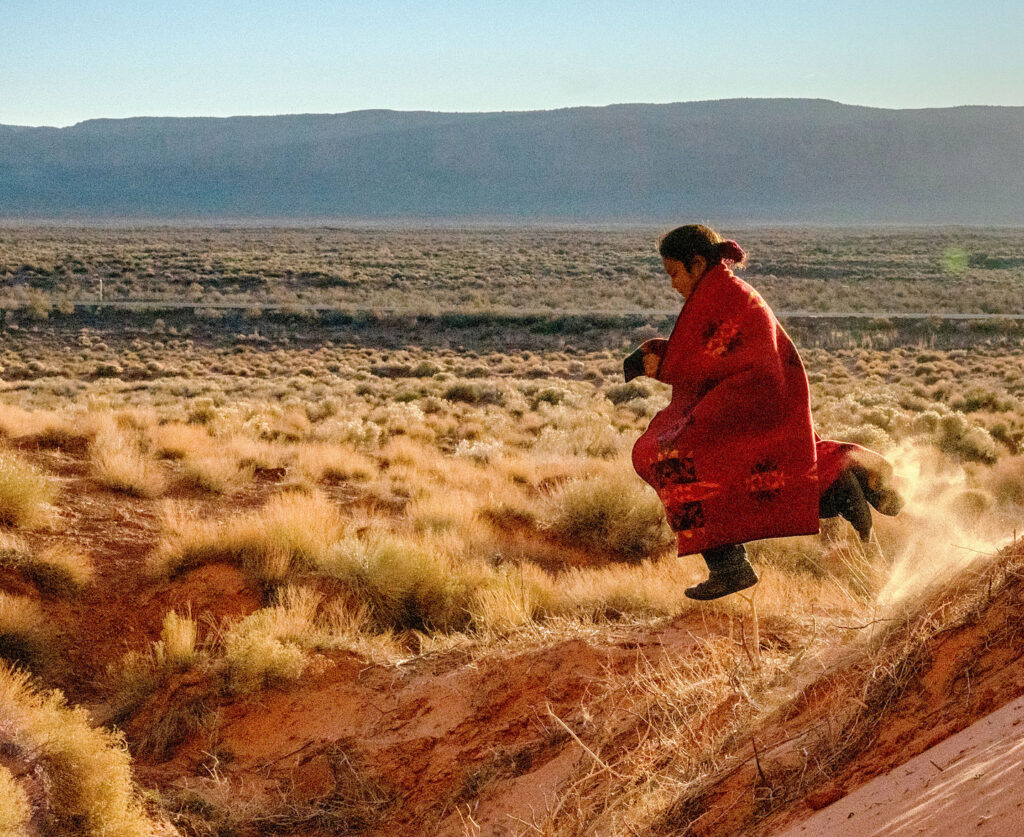Navajo Indian Child Welfare Act (NICWA) Program
Establishment & Program Background

The Indian Child Welfare Act (ICWA) was passed in response to the high number of Indian children being removed from their families and placed in non-Indian homes. The law’s main goal is to prevent the arbitrary removal of Indian children from their families and tribes.
The Indian Welfare Act (ICWA) of 1978, P.L. 95-608 U.S.C. Section 1901-1963, was enacted by the U.S. Congress on November 09, 1978.
“First, the Act was the result of reports that Indian children were more likely (1 out of every 26) to be adopted; 82% of Indian children in placement were adopted by non-Indian families; 1 out of every 124 Indian children were in foster care in non-Indian foster homes or non-Indian institutions. These numbers showed the extremely high removal rate of Indian children. Second, the special relationship between the United States and the Indian Tribes; Federal Trust responsibility to Indian people is what prompted the establishment of these minimum Federal standards and safeguards governing the placement of Indian children.”
—United States Congress, House of Representatives. Establishing Standards for the Placement of Indian Children in Foster or Adoptive Homes to Prevent the Breakup of Indian Families; Ninety-Fifth Congress, on H.R. 12533, Washington D.C., July 24, 1978.
On May 13, 2020, the Health, Education and Human Services Committee (HEHSC) of the Navajo Nation Council approved the amendment of the Division of Social Services’ Navajo Indian Child Welfare Act Program’s Plan of Operation by Resolution HEHSC 0108-20. This resulted in the program name change from Navajo Children & Family Services to Navajo Indian Child Welfare Act (NICWA) Program.
Program Mission & Goal
NICWA Mission
The Navajo ICWA Program was established to promote the stability and security of Navajo families by providing services to preserve and reunite Navajo families who are located off the reservation with their children who are subject to removal from their parents for placement in foster care or adoptive homes. The Adoption Unit within the NICWA Program promotes the permanent placement of Native American children in Native American homes for the preservation of cultural identity.
NICWA Goal
To protect the best interest of Navajo children and to promote the stability and security of Indian tribes and families with the opportunity to become permanent members of a family. On a case by case basis, NICWA Social Workers provide the following services, but not limited to:
- Provide case management
- Consultation, collaboration and coordination with state child welfare agencies and courts
- Provide education on cultural teachings
- Maintain Intergovernmental Agreements (IGA) with the states of Arizona, New Mexico and Utah
- Advocate for Navajo children and their families

Adoption Unit Services
Certify Adoptive Homes, Kinship Home Studies, Adoption Support Services, identifies Certified Homes, NCFS Publishment, and Traditional Dine Parenting Skills Training.
NICWA FAQ
Frequently asked questions about the Navajo Indian Child Welfare Act Program.

Documents
NICWA Program Flyer
Informational foldable brochure about the NICWA Program.
Consent Form NCPS-IMS
Applicants can obtain a copy of their CBI from the Navajo Law Enforcement in Window Rock, Arizona.
Training Schedule
Four Parent Skills Training sessions are conducted each year through our program.
Our Children, Our Future
Visit the NICWA field office for help.
